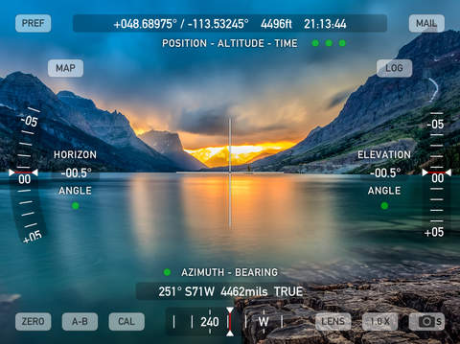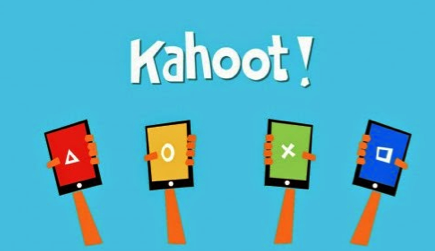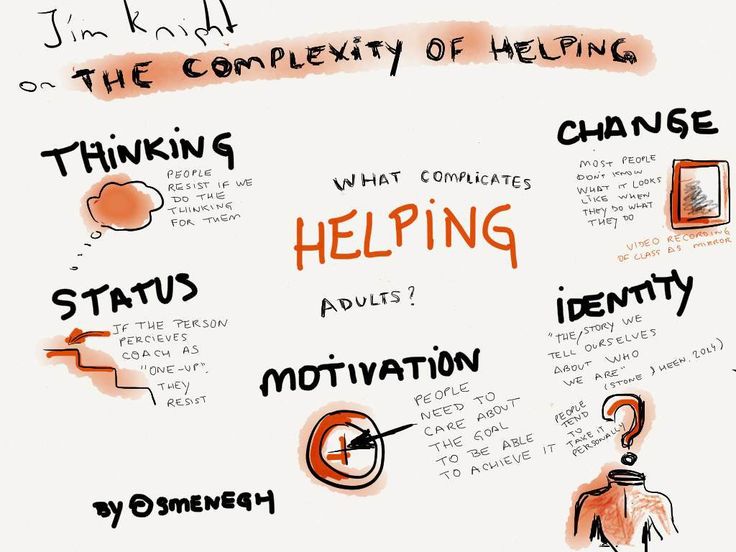by Elliot Blair, Department of Anthropology Teaching Professor Technology Conference, and I wasn’t sure what to expect. A quick glance at the program showed that at least half of the sessions were oriented towards online classes (not something I currently teach), while the remainder were largely dedicated toward utilizing Web 2.0 interfaces (e.g., social media sites, smart phones) for active learning in the classroom. I’m no Luddite, but I’ve tried to keep cell phones out of my classroom and have generally […]
Apps Offer Intro to Digital Mapping






